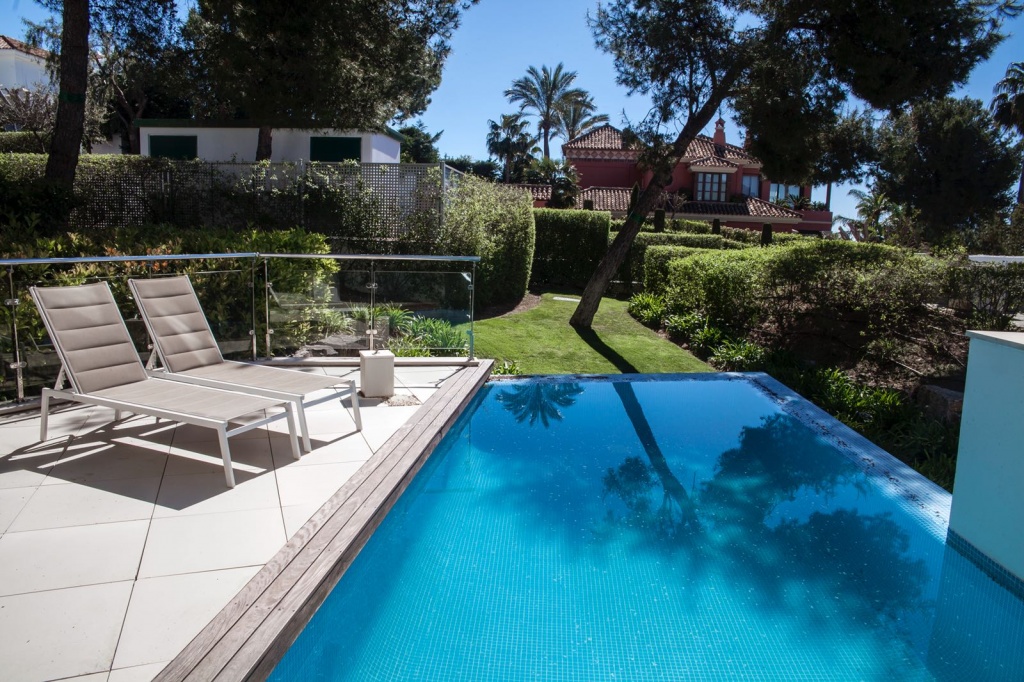Spanish real estate is growing in price every year. This is due to an increase in the standard of living, reliable laws and the economic attractiveness of the state for foreigners. Great attention is paid to the issue of renting housing, especially in the seasons of a large influx of tourists. Quite often in the country there are new rules that make transactions more honest and transparent.
Anyone who plans to rent a residential or commercial space in Spain will have to take into account the peculiarities of the administrative division of the state. This is due to the fact that each autonomous region here has the right to establish a number of laws in force in the provinces. So in 2016, Andalusia distinguished itself by the development and introduction of updated standards for landlords working during the tourist seasons.

FEATURES INNOVATIONS
Immediately, it is worth noting that, in accordance with the amendments, any houses, manors, rooms that are transferred for short-term use on the basis of an agreement can be called tourist real estate in the region.
There are a number of exceptions, taking into account that the owners of the property transferred to the guests free of charge or for a period of more than two months are exempt from the duties provided they are located outside the city limits. Such landlords are guided by other articles of the law in the conduct of their activities.

Returning to the topic should clarify the fact that each owner of the premises, before making an announcement of the surrender, must receive a certificate. One of the requirements is to prepare a certain number of visitors for living on a tourist private property. For houses, no more than 15 people can be accommodated at the same time, provided that a maximum of four people live in each room. If we are talking about a separate small apartment or room, then guests should also be no more than four.
Receiving an official document is available only in the Register of Tourism. Anyone applying for permission agrees with the obligatory rule according to which non-compliance with regulations is administratively punishable. The maximum fine for violation of the law is 180 thousand euros.

RULES AND RESTRICTIONS
The registry imposes a lot of conditions that landlords undertake to fulfill in order to receive a certificate and further activities. So rented housing must meet the following standards:
- technical equipment for a full-fledged life in a rented time - household appliances, sewage, furniture, ventilation, air conditioners, dishes and linens (some exceptions are buildings recognized as architectural monuments);
- a telephone or internet connection was made to contact the owner and the help desk;
- the room must have a full first-aid kit;
- availability of a well-designed book of complaints and suggestions.
The owner undertakes to have available and submit, at the request of visitors, a number of title documents. First of all, they include a personal passport of a citizen and paper confirming the right of ownership (NotaSimple, permission to lease, certificate obtained in the Registry).

In turn, for the settlement guests show documents that confirm their identity and the right to legally stay on the territory of the Kingdom. The landlord records all data, including phone numbers, when checking in and processing paperwork. Information on the final value and amount of the deposit is announced before the signing of the contract.
The volume of the deposit and its order in the Ministry of Tourism also now has limitations. In particular, its size is limited to 30% of the total fee for accommodation. If the tenant makes a contribution, but later declares cancellation, then, depending on the period, it may lose its money: more than 10 days before moving in - 50% of the deposit made; less than 10 days - up to 100%.
The introduction of such rules is already yielding positive results for all who are involved in creating a tourist atmosphere in Andalusia. Travelers receive state guarantees in their own safety at the time of their stay, and homeowners save themselves from sudden checks and fines.
